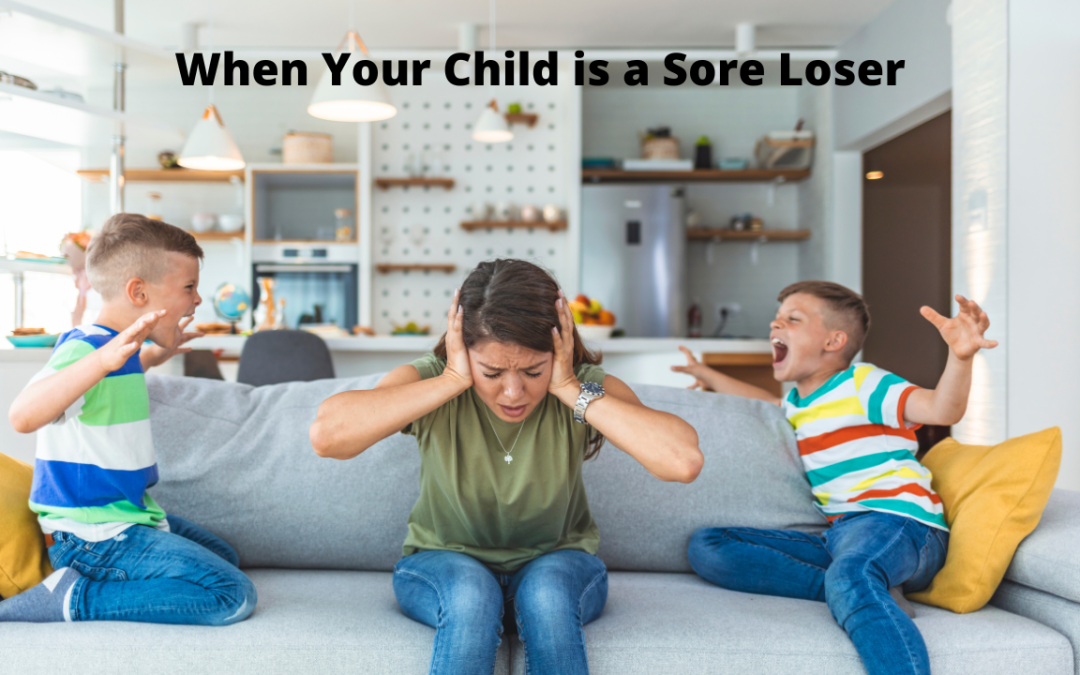Becoming a sore loser can happen to anyone, at any age. You may already spend some time talking about this topic, whether directly or indirectly, but kids can still give in to their emotions, which they should do! But sometimes when they give in to their negative emotions, it can be tricky showing them how this behavior isn’t ideal.
Start Softly
The last thing you want to do with your child is for them to think they shouldn’t listen to their emotions at all. So, make sure when you’re talking about less-than-ideal emotions or a certain state of mind, you aren’t telling them to completely disregard it. This can lead to unhealthy behaviors with their emotions since they are simply stuffing them down without living through them. But explaining this concept to them may be a little tricky if they are on the younger side. Explain to your child the importance of listening to their emotions, but that they don’t always have to follow through with what those emotions want. They can feel like a sore loser if that is their strong emotion, but they shouldn’t follow through with the anger or the need for retaliation. This can also help them get past the feelings quicker.
Lead with Kindness
Ultimately, many children already lead with kindness in most things they do. They’ll hit a bump in the road when they let their negative emotions take hold, but reminding them of what they should do and how to work through those emotions can help tremendously. Letting your children know they should feel what they feel is very important. But that also doesn’t mean they have to follow through in how they feel. For example, if they feel angry, they can go through that emotion but don’t have to necessarily use that anger through slapping, hitting, or yelling.
Let them know that it can be difficult doing this, but that they will feel better in the long run by not acting on their negative emotions. They can feel like a sore loser, which usually involves anger, disappointment, jealousy, and more. But they should also figure out why they feel those emotions, and how they can remedy those feelings without reacting negatively to the situation. If they lose a board game or a sport, for example, they shouldn’t throw things, yell, or hit anyone involved on the winning team.
How to Act
In today’s world, it can be even harder to help your child through feelings of being a sore loser. With so much emphasis in society on being and acting perfect, it can be difficult when their outcome doesn’t involve perfection. You can help them realize that everyone isn’t perfect, and that everyone goes through periods of feeling good and bad. Be sure to go over some breathing exercises and other forms of calm for your child when they experience these feelings.
Katie Kyzivat
